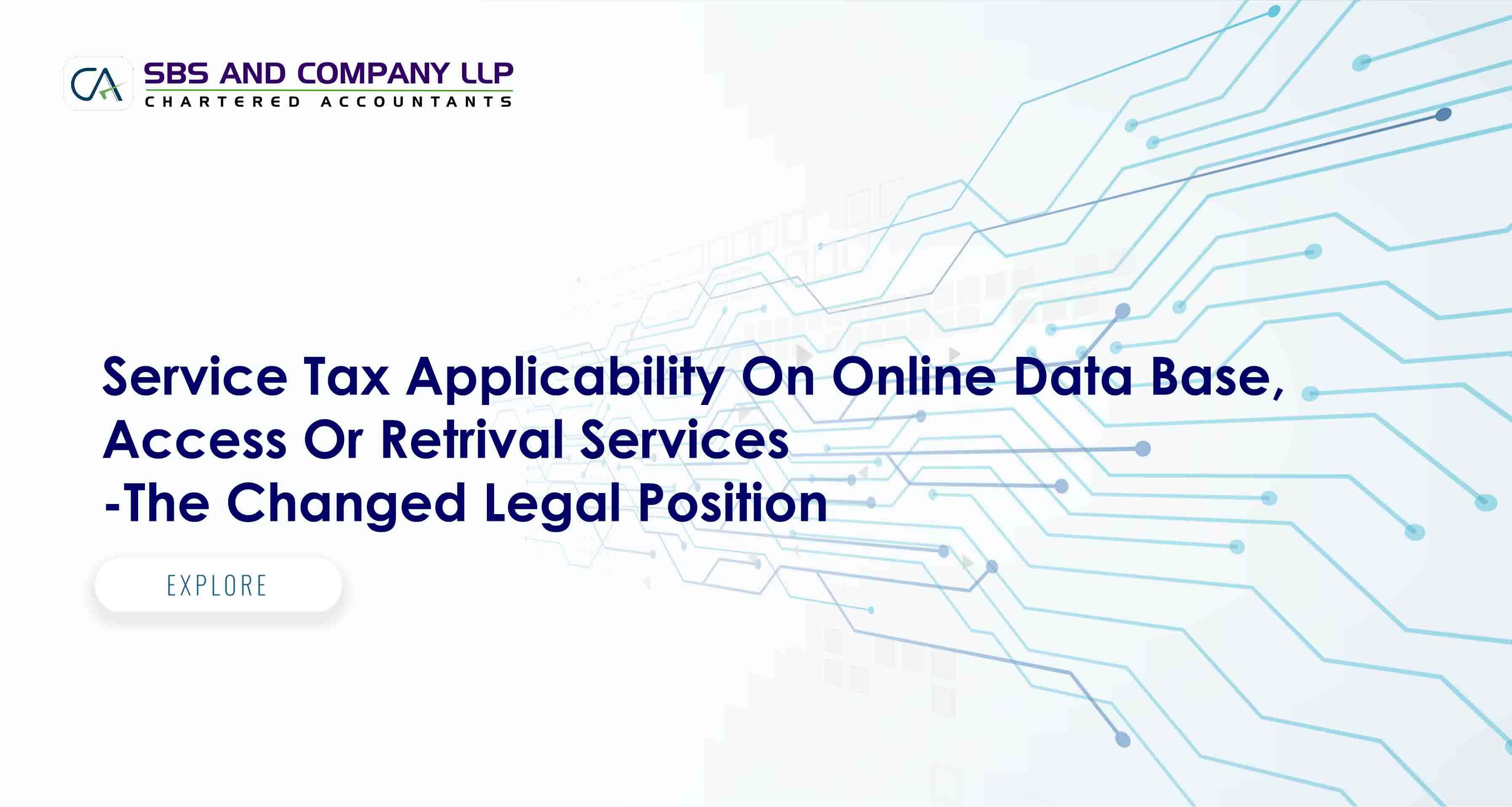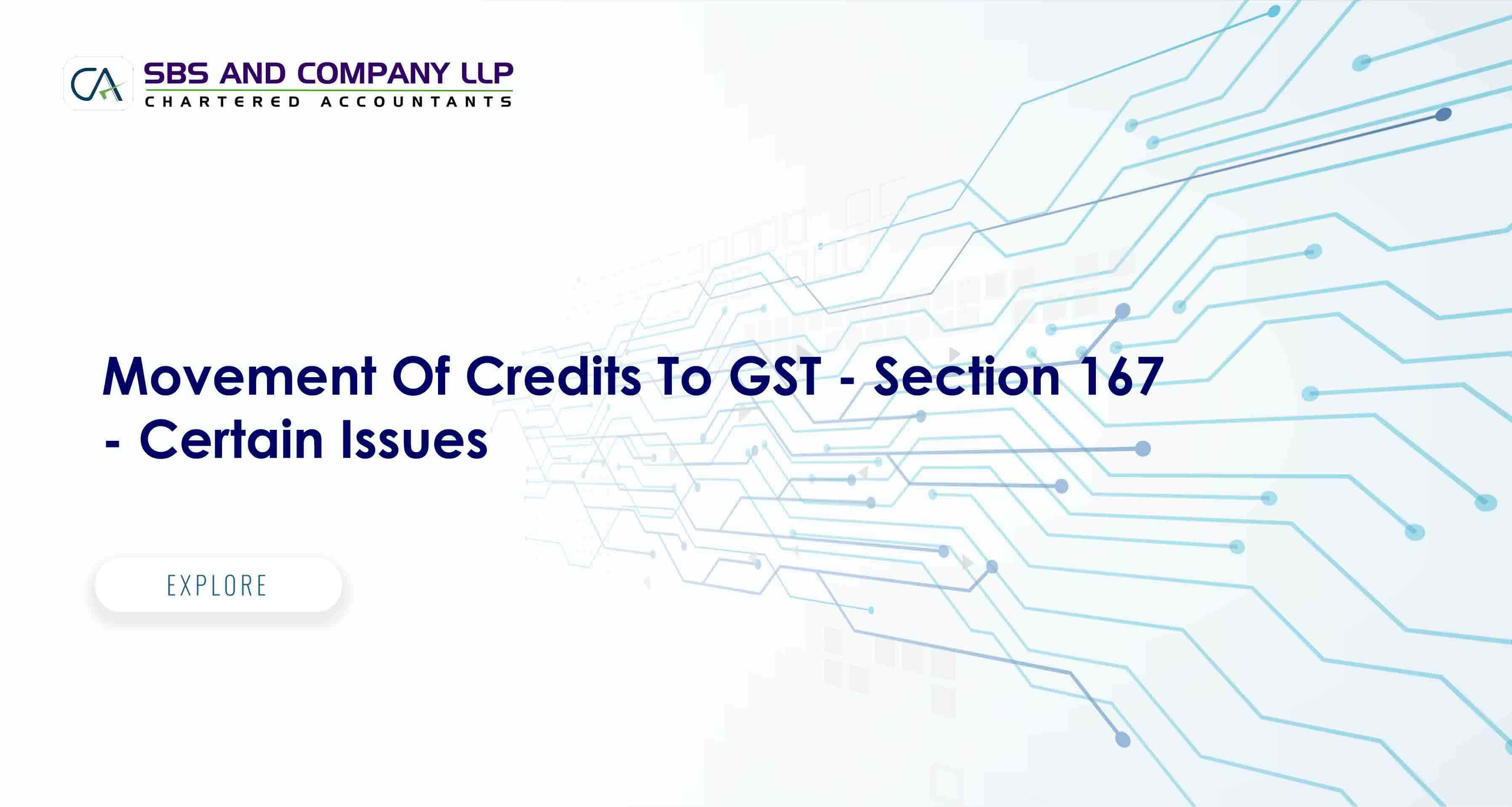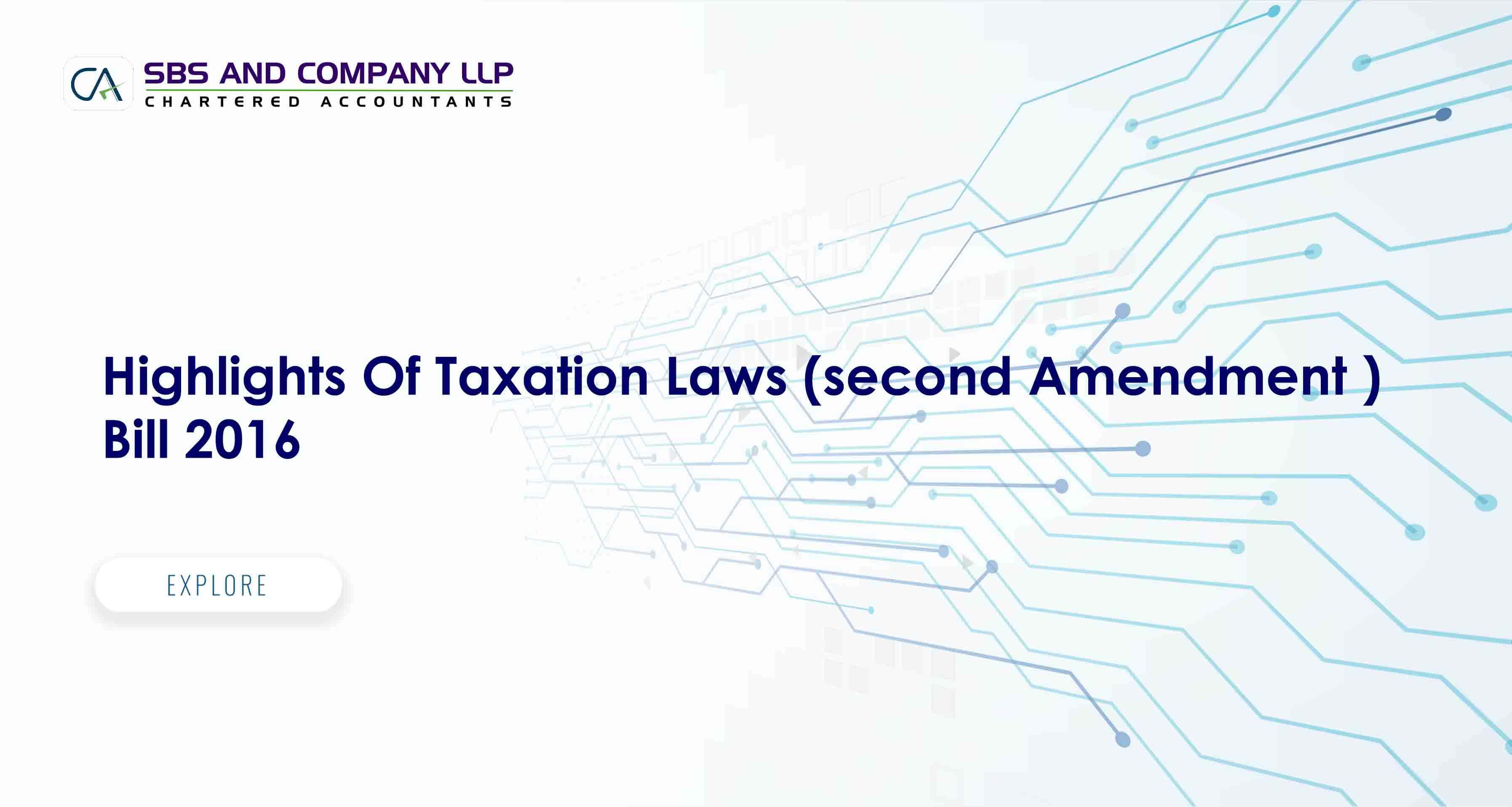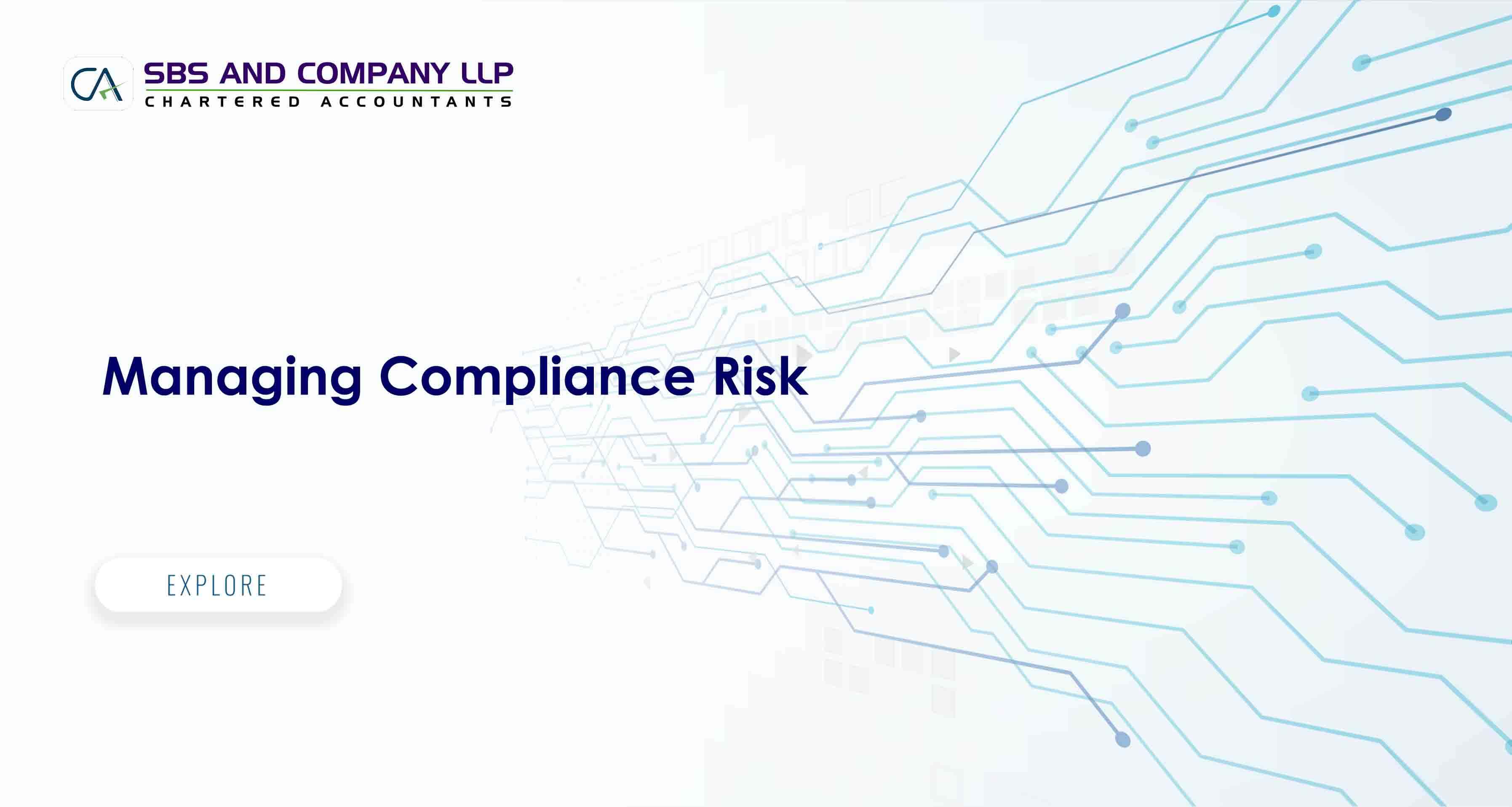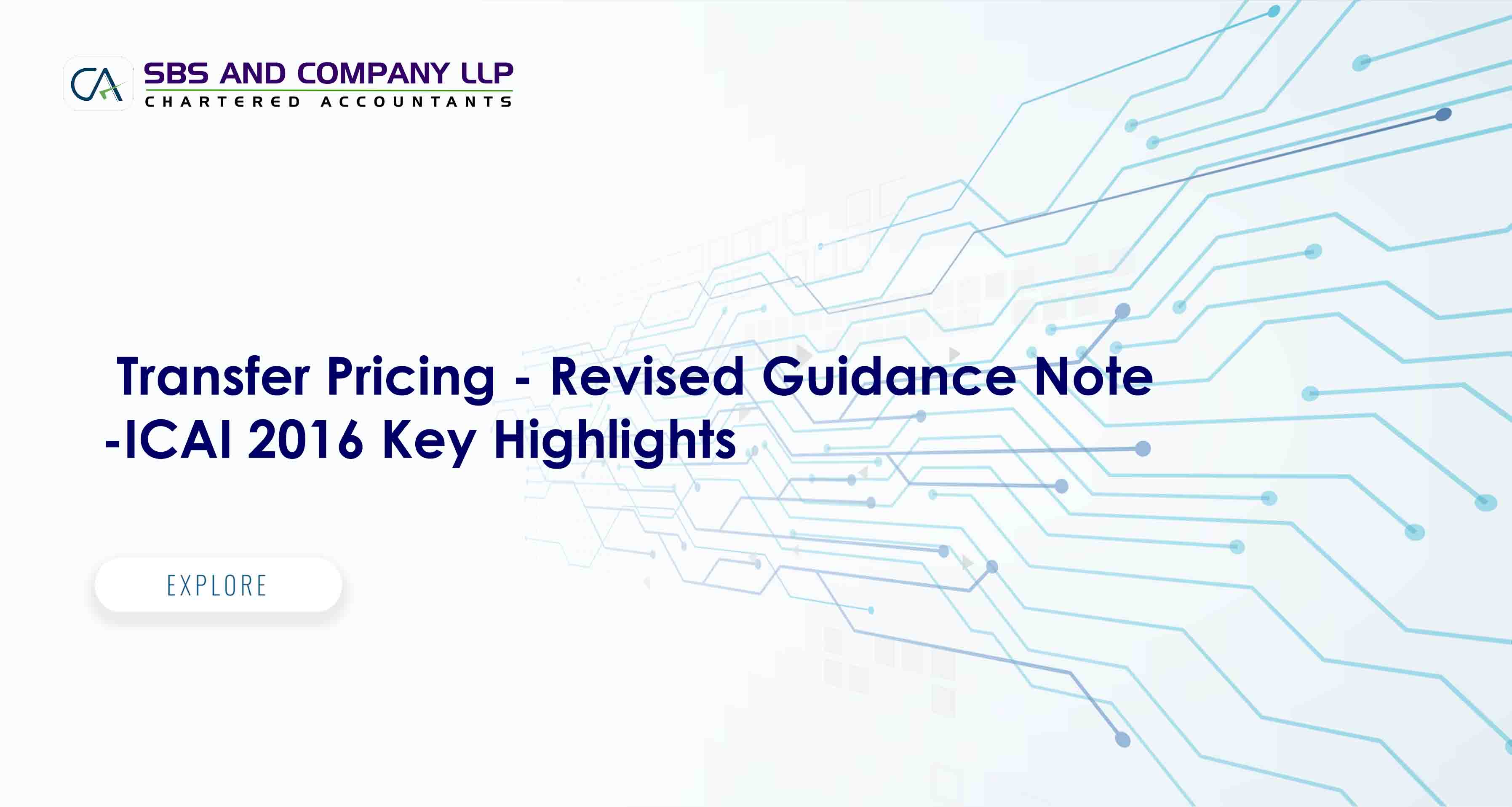- SBS AND COMPANY LLP
- Blog
- Hits: 2006
Service Tax Applicability On Online Data Base ,Access Or Retrival Services -The Changed Legal Position
Introduction:
At present, cross border services received by any individual or by Government or local authorities which are not in relation to business or commerce are exempt from service tax. Online database, access or retrieval services (hereinafter referred to as ‘OIDAR services’) provided by entities located outside India are not subject to service tax as the law with respect to place of provision of these services envisages that location of service provider is the place of provision of service which will be outside India. Further, these services are defined in a confined manner limiting to activities of providing data or information which is retrievable or otherwise to any person through a computer network. This legal position has now undergone sizable change with effect from 01.12.2016 as discussed hereunder


